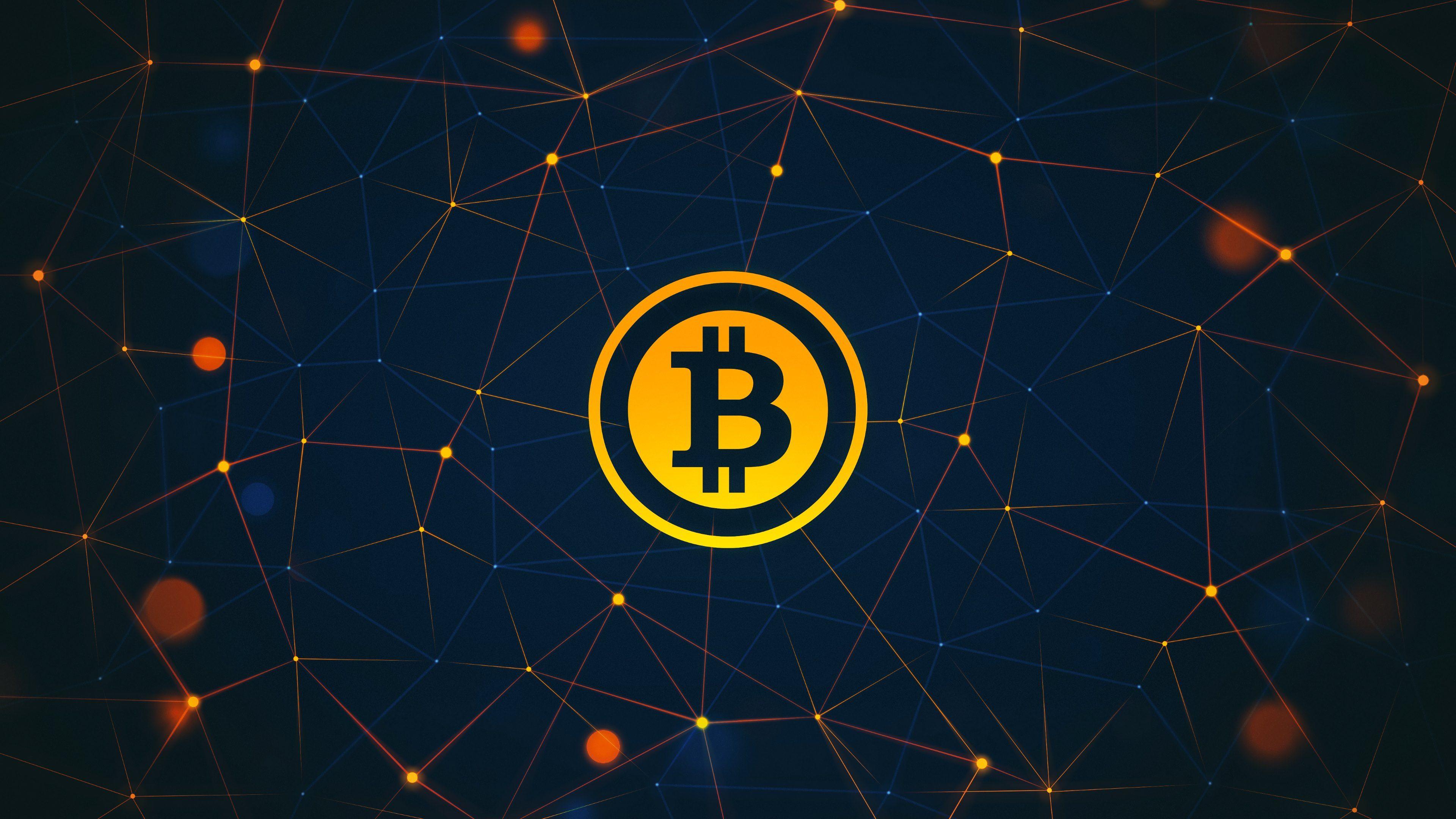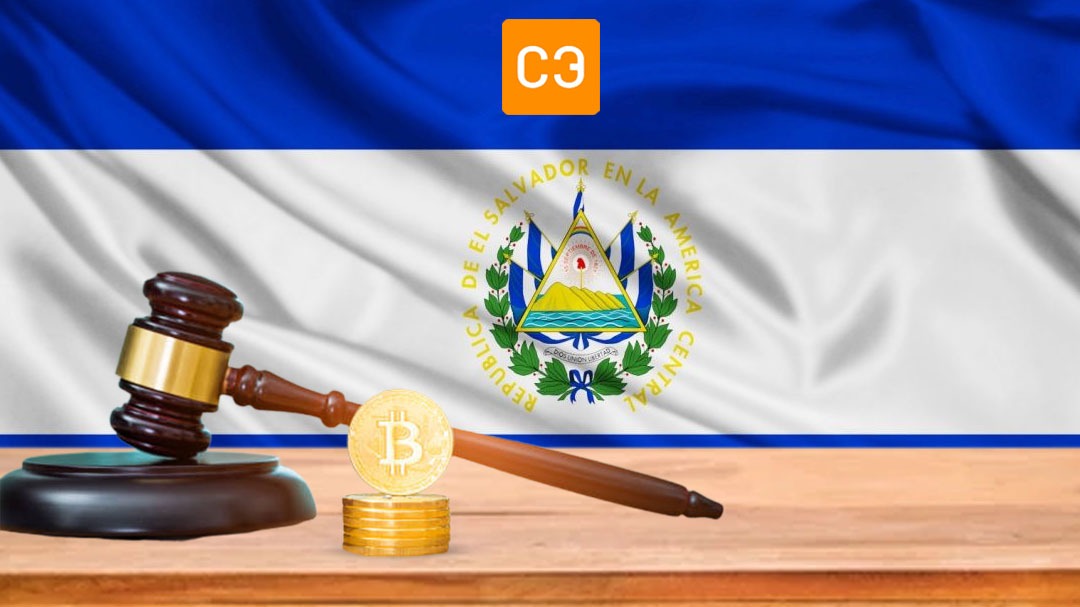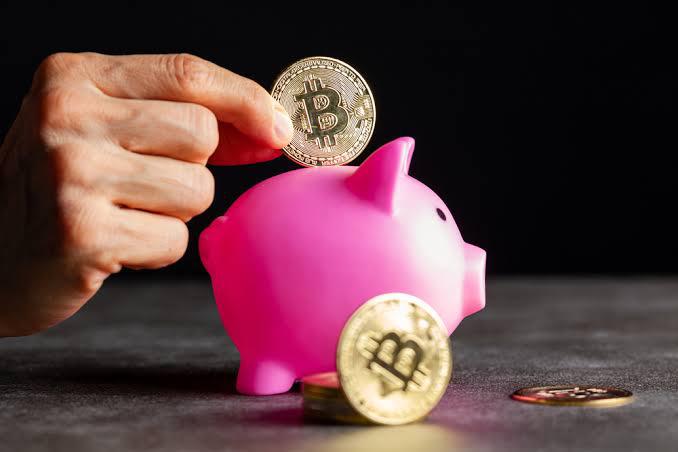In a period where bitcoin and the crypto community at large have been getting more downs than ups, finally, some uplifting news arrives as El Salvador, located in Central America, announced bitcoin as a legal tender. This could mean a whole lot for cryptocurrency because a country accepting bitcoin as a means of exchange can increase the general acceptance of crypto and can make other nations follow suit. The President of El Salvador, Nayib Bukele, announced this after the country’s congress approved President Nayib Bukele’s proposal to embrace the cryptocurrency in an effort to promote “financial inclusion”, investment and economic development. This is to take effect in September 2021.
Adopting cryptocurrency has been on the mind of the President as far back as 2017 when he tweeted a pro-cryptocurrency statement when he was the Mayor of the capital, San Salvador. The now elected president, who is very media-savvy came into power in a landslide victory two years ago, is known for his love of technology and his fondness for attention-grabbing stunts.
How did Salvadorans react?
The news was met with mixed reactions from Salvadorians. Some were up for the idea of having bitcoin as a legal tender alongside their official currency, the United States Dollars, while others looked at the downsides more and were against it. Some described the law as a remarkable accomplishment and a game-changer as it could boost the country’s economy, while others raised concerns about the cryptocurrency's volatility. Experts have also warned that it could also complicate matters with the International Monetary Fund (IMF), where El Salvador is seeking a more than $1 billion programme.
Father José María Tojeira, director of the Human Rights Institute at the University of Central America, said that very few Salvadorans would have the technical capacity to access bitcoins.
“The decision is rather incomprehensible. It seems more about making a show – which is a characteristic of this government: lots of propaganda, but few structural changes to help the impoverished population,” he said.
Carlos Carcach, a professor at El Salvador’s Superior School of Economics and Business, pointed out that bitcoin is extremely volatile, meaning investors “run the risk of becoming rich and being poor the next day”. But Carcach added that while the adoption of the cryptocurrency was “neither necessary, nor convenient, as long as there is someone who accepts payment with bitcoin, the same as they accept dollars, there wouldn’t be problems”.
What this means for El Salvador
This means a whole lot for El Salvador. They’re the first nation to announce bitcoin as an official currency and means of payment. The new law means every business must accept Bitcoin as legal tender for goods or services, unless it is unable to provide the technology needed to do the transaction. This move will open up financial services to the 70% of Salvadoreans who do not have bank accounts.
The cryptocurrency’s use as legal tender, alongside the US dollar, will go into law in September and the bitcoin/dollar exchange rate will be set by the market. Salvadorans will be able to pay their taxes in bitcoin.
“This will generate jobs and help provide financial inclusion to thousands outside the formal economy, and in the medium and long term we hope that this small decision can help us push humanity at least a tiny bit into the right direction,” Bukele said. He also instructed cryptocurrency company, Athena Bitcoin to install 1500 cryptocurrency ATMs in El Salvador, especially in areas where citizens receive remittances from abroad.
El Salvador's economy relies heavily on remittances, or money sent home from abroad, which make up around 20% of the country's gross domestic product (GDP). More than two million Salvadorans live outside the country and send back more than $4bn (£2.8bn) each year. Accepting bitcoin as a means of payment makes it easier for those abroad to send money to citizens of El Salvador, also making the process cheaper as it avoids a lot of charges.
What this means for bitcoin
Seeing as El Salvador has accepted bitcoin as a legal tender, if it goes well for the country, others are sure to follow suit. Shortly after the vote that passed the bitcoin law, the price of bitcoin was up 5% to $34,239.17. If more countries keep on accepting bitcoin, the future is definitely bright for bitcoin and other cryptocurrencies at large.
Now that you know El Salvador has announced bitcoin as a legal tender, begs the question, when would other countries make this same move?
Let others know too by clicking the share button.
In a period where bitcoin and the crypto community at large have been getting more downs than ups, finally, some uplifting news arrives as El Salvador, located in Central America, announced bitcoin as a legal tender.







